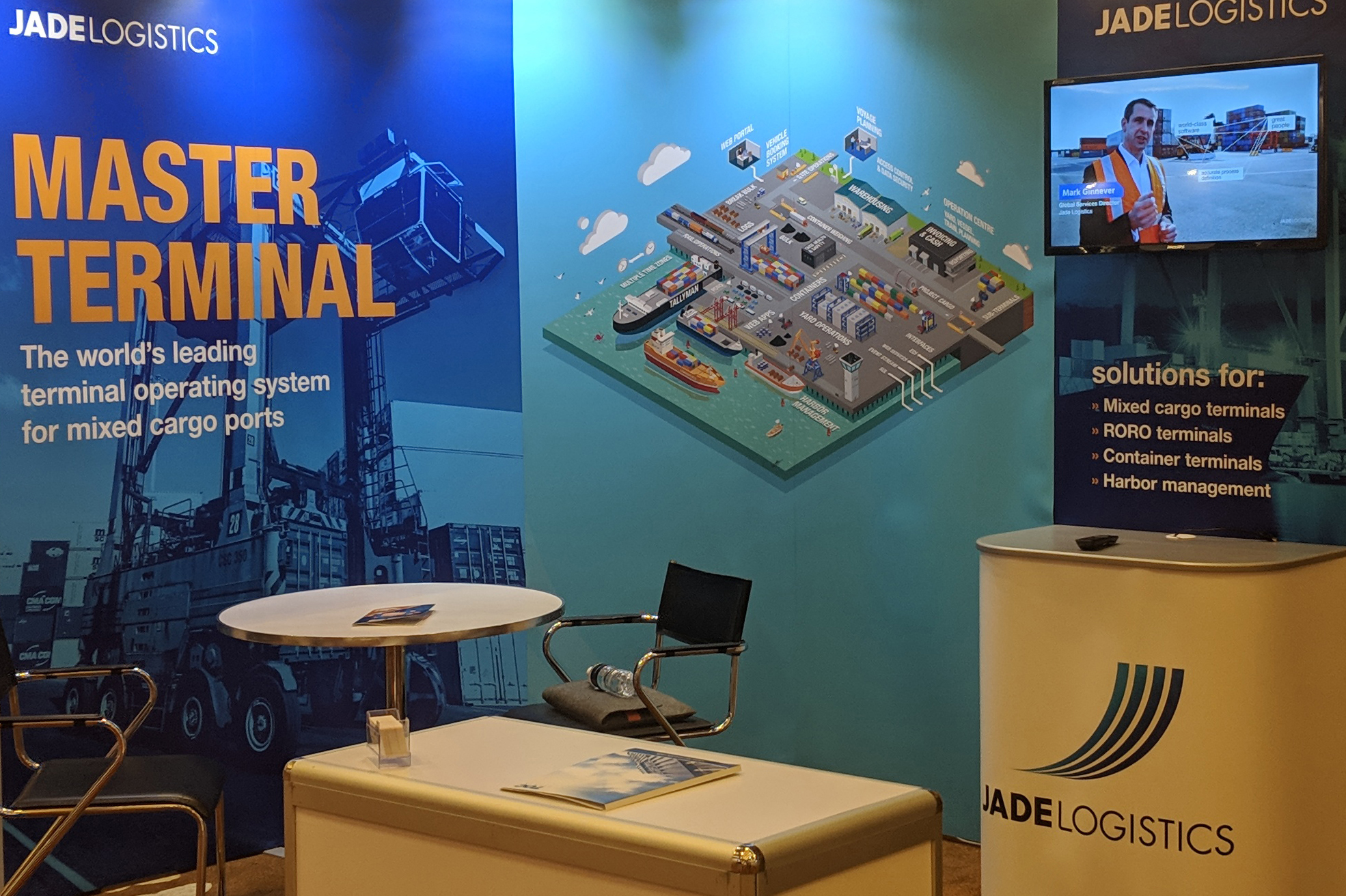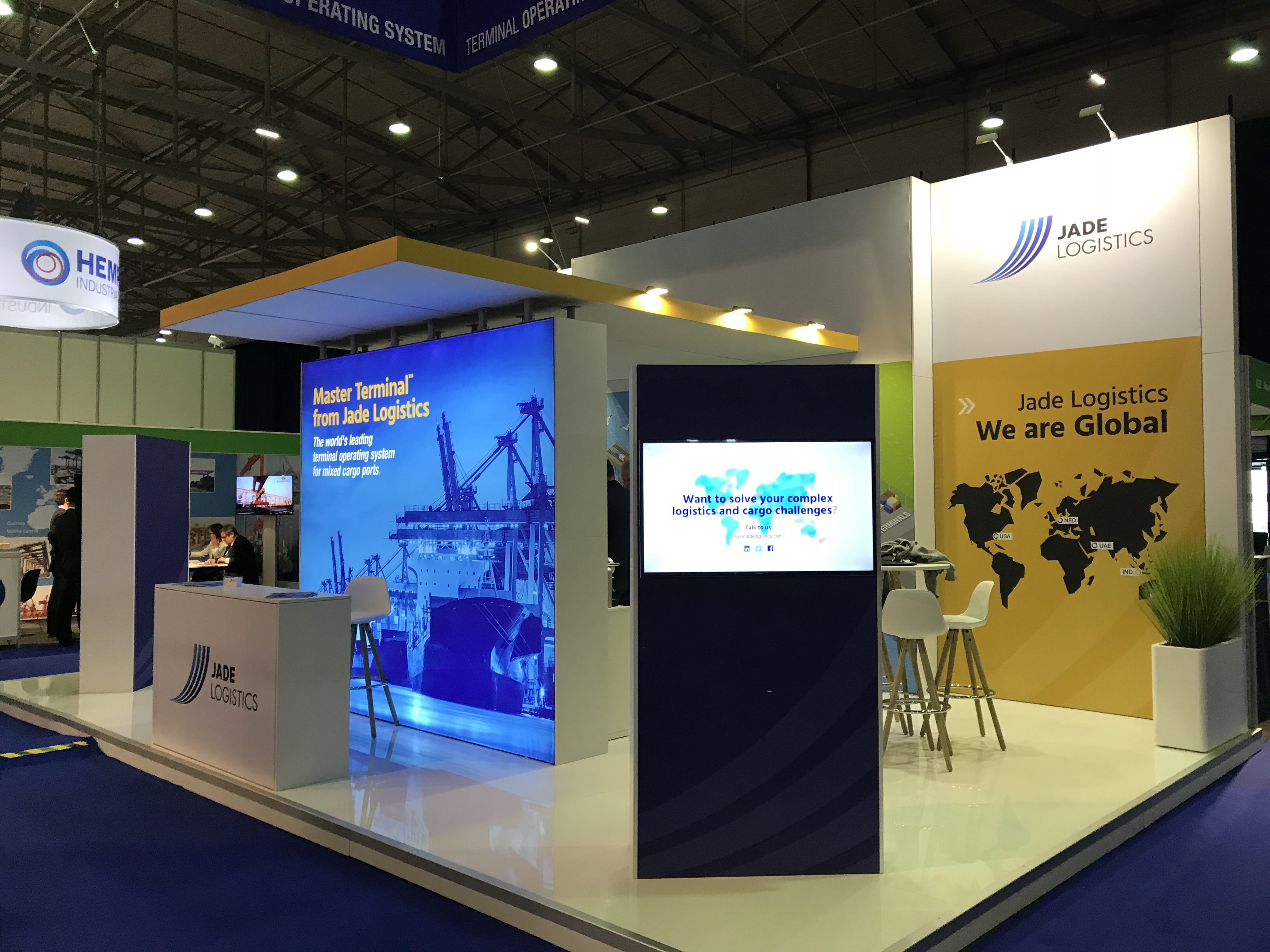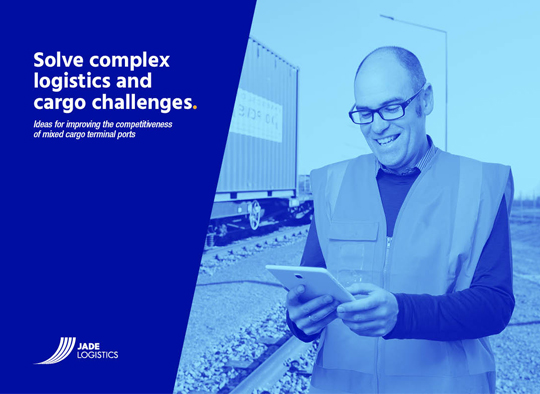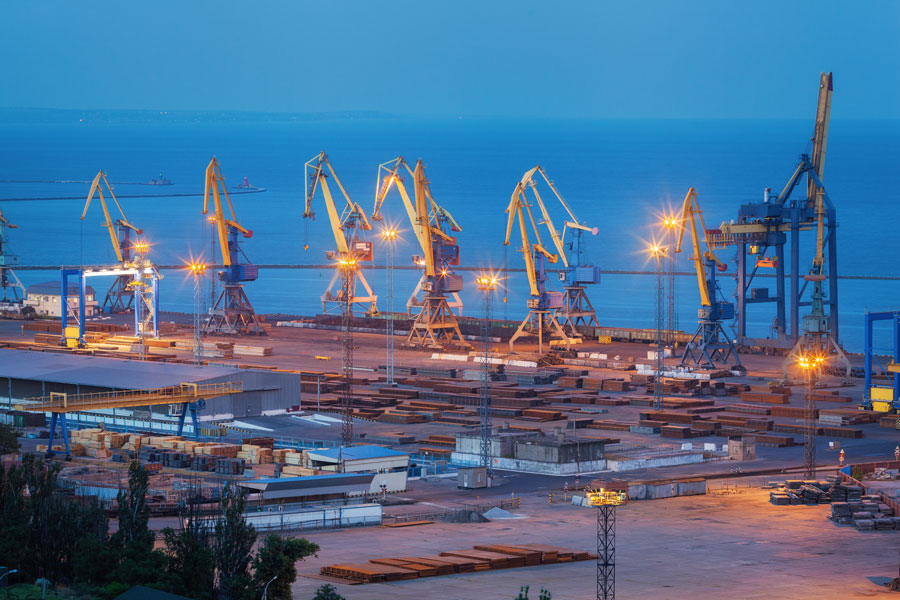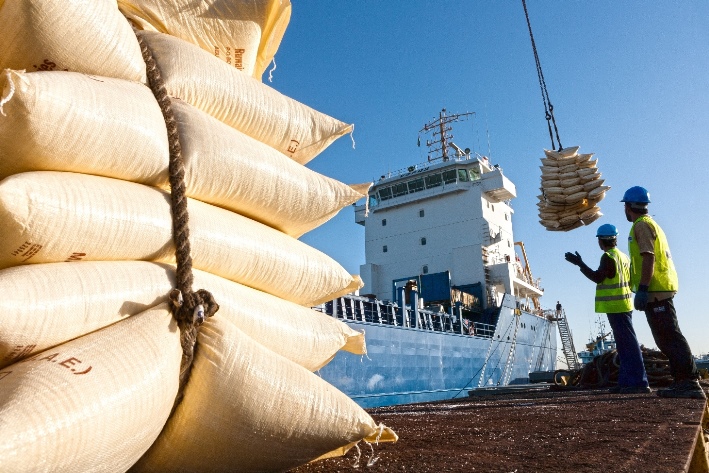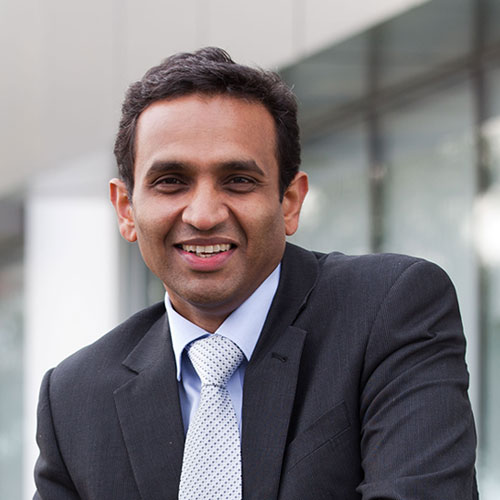Jade Logistics’ port management software, Master Terminal has been selected by one of Africa’s busiest port operators, Ghana Ports and Harbours Authority to operate two of the continents major sea ports.
Ghana’s Tema and Takoradi ports which are some of the busiest terminals in West Africa, handle the majority of the country’s growing exports of raw minerals, produce and oil.
David Lindsay, CEO of Jade Logistics, says Ghana Ports are strategically located being close to shipping routes and major ports of call for ships from all continents.
“We’re thrilled as the Ghana win gets Master Terminal into two important ports in the world’s fastest growing region with cargo volumes expected to rise markedly.”
“This is also strategically significant as it represents the first penetration into the burgeoning African continent for Jade and Master Terminal. The two ports in Ghana handle approximately 17 million tonnes of mixed cargo and containers, with vast opportunities for growth in the coming years. In particular container traffic is forecast to double over the next decade,” says Lindsay.
Lindsay adds that Master Terminal with its specialist ability to manage mixed cargo and multi-terminal customer needs is a perfect fit for growing and ambitious ports such as Tema and Takoradi.
“Tema, which is the larger of the two sea ports and services a busy industrial city. In a typical year Tema will receive on average over 1650 ships, including container, general cargo, tankers, roll on roll off and cruise vessels so Master Terminal is ideal to cater for this diverse mix.”
Lindsay notes that Takoradi port is ideally placed to Accra, the capital of Ghana as well as Abidjan, the capital city of La Cote d’Ivoire and so has become the preferred gateway to the middle and northern parts of Ghana and the Sahelian landlocked countries of Burkina Faso, Niger, and Mali.
“Like Tema, Takoradi is serviced by all the leading international shipping lines and in addition, because of its proximity to the rich oil and gas fields, Takoradi is also able to support the specialist supply vessels involved in exploration and production activities.”
The General Manager-Marketing and Business Development for Ghana Ports and Harbours Authority, Mrs Alice Torkornoo says the port operator was looking for a solution to effectively manage its two busy ports, and at the same time be able to scale its operations to handle the increased volumes expected over the coming years.
“Master Terminal was selected as the best fit. The multi-cargo aspect perfectly suits our ports, and the proven technology and strong support network gave us confidence that Master Terminal would enable us to compete for new business, increase efficiency, security and consumer confidence, while reducing our costs,” says Torkornoo.
David Lindsay adds that Jade was delighted to be selected by Ghana Ports and Harbours Authority, especially as the Authority looks to position itself in the region through an extensive expansion and modernisation programme.
“Master Terminal is the leading and fastest growing system globally for mixed cargo terminals, I am confident it will support productivity and efficiency gains for Ghana Ports and Harbour Authority.
“Jade will now look to engage channel partners in the wider African region to support the increased Master Terminal sales demand.”
Implementation of Tema and Takoradi will commence this year with go live in 2014.
